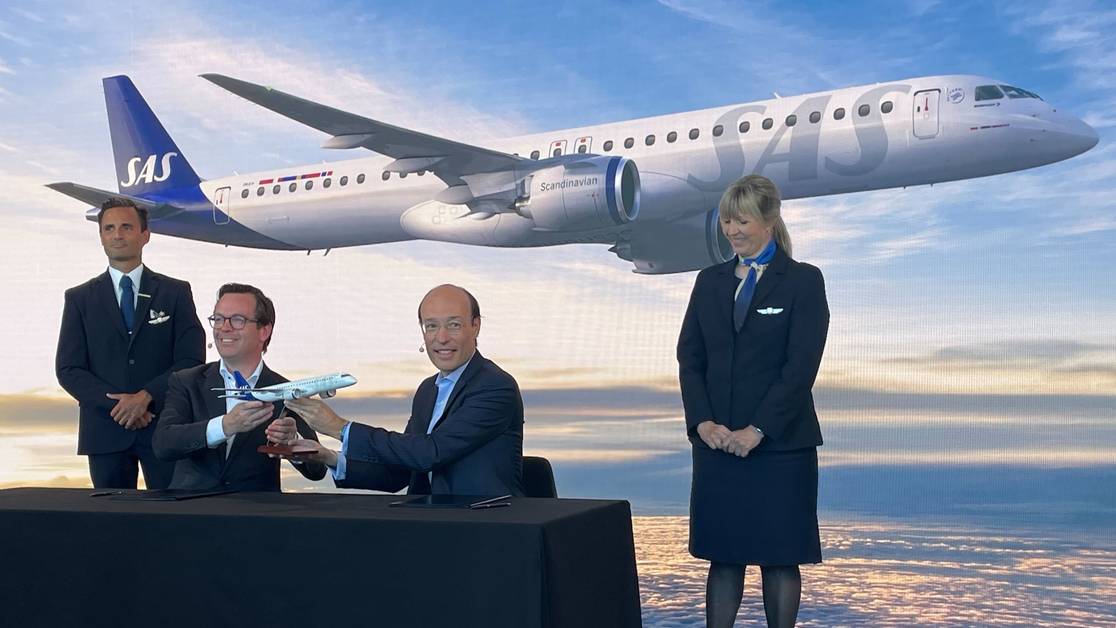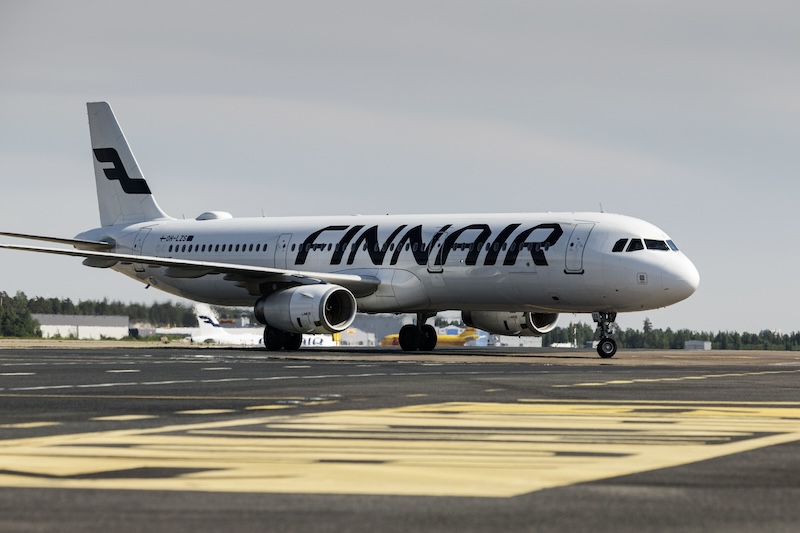Scandinavian Airlines Invests in Future with 45 Embraer E195-E2 Aircraft

Scandinavian Airlines (SAS) has taken a significant step towards modernizing its fleet by placing a firm order for 45 Embraer E195-E2 aircraft, with options for an additional 10. This deal, valued at 25 billion kroner ($3.95 billion), marks the airline's largest investment since 1996 and underscores its commitment to enhancing regional connectivity across Scandinavia and beyond. The E195-E2, known for its fuel efficiency and reduced noise levels, is set to replace older models in SAS's fleet, aligning with the airline's sustainability goals and operational efficiency.
The announcement was made by SAS CEO Anko van der Werff during a press conference in Copenhagen, where he highlighted the strategic importance of the new aircraft in connecting smaller Scandinavian cities to the airline's intercontinental hubs. 'This order represents the strongest sign of our successful transformation,' van der Werff stated, emphasizing the role of the E195-E2 in SAS's broader mission to link Scandinavia with the world. The first deliveries are expected in 2027, with the aircraft primarily serving routes within the Nordic region.
This fleet expansion comes as SAS emerges from a challenging period marked by financial struggles and a Chapter 11 bankruptcy protection filing in July 2022, largely due to the impact of the Covid-19 pandemic on global travel. The airline completed its restructuring in August 2024, setting the stage for this significant investment in its future. The deal with Embraer not only revitalizes SAS's fleet but also strengthens its partnership with the Brazilian manufacturer, building on existing operations that include older E195 jets.
The E195-E2 order is a testament to SAS's resilience and forward-looking strategy, as it seeks to position itself as a leading carrier in the competitive aviation market. With the support of its main owners, including the Danish and Swedish states and Air France-KLM, SAS is poised to embark on a new chapter of growth and innovation. The airline's focus on sustainability, efficiency, and enhanced connectivity reflects its commitment to meeting the evolving needs of passengers and the demands of the modern aviation industry.



